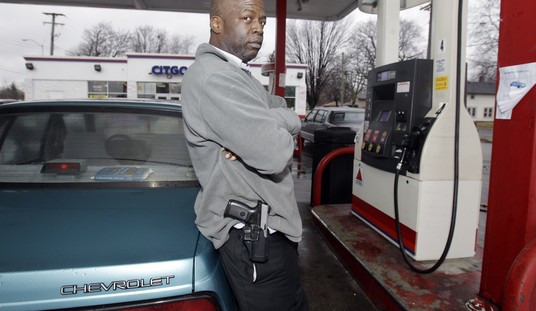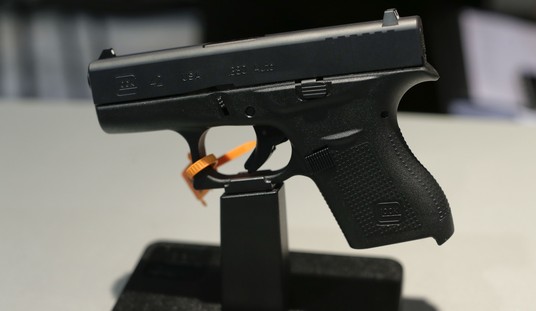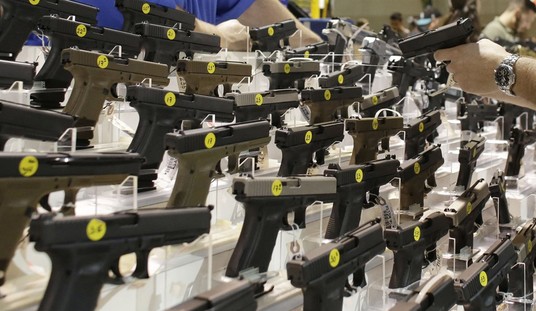New Zealand’s compensated confiscation program isn’t going so well, with a compliance rate hovering around 20% with a little more than a month to go before the amnesty period expires. Now the government is considering a new way to confiscate firearms called a “Firearms Prohibition Order”. Ostensibly designed to prevent “high risk” individuals from being around a firearm, the proposed law could potentionally be used and abused to go after law abiding citizens as well.
FPOs would set conditions that people must follow and allow police to monitor and create penalties for breaches.
Police would be given greater powers to investigate people, search properties, confiscate illegal firearms parts and ammunition and monitor people with a history of offending.
“FPOs would prevent people from being around others who have firearms, using them under supervision, or being at a location that enables access to guns,” Nash said.
In practice this would mean that a person subject to an FPO could not be in a place where guns are held or stored.
Supposedly, this new law would target those who’ve previously been convicted of crimes and are prohibited from owning firearms, as opposed to legal gun owners. Maybe I’m being too cynical, but I could easily imagine these FPO’s eventually being issued against individuals suspected of continuing to own the now-banned semi-automatic rifles.
Even if the law is only used against those with previous convictions, it would still be an egregious abuse of power. It would allow police to enter those homes without a warrant in search of firearms, and would make a mockery out of the idea of reasonable search and seizure laws, which even Nash acknowledges.
“We have been open that FPOs would come at a potential cost to human rights protections such as the right to be secure against unreasonable search.”
Since March police had seized about 1600 firearms from gangs and other offenders.
“It alarms me how often police are turning up to events where there is a firearm …. criminal organisations are becoming more sophisticated, more organised and a lot more willing to present or use guns. We need to ensure police have the resources to deal with this.” Nash said.
New Zealand’s government believes that individual rights are subservient to the needs of the State, as Prime Minister Jacinda Ardern made clear when discussing the proposal.
Asked if people with convictions for violent offences had fewer rights than those who did not, Ardern said it was a privilege to be able to come into contact with firearms and dangerous people should be deprived of that privilege.
Ardern misses the point of the criticism. If this law is only going to be used against those who are prohibited by law because of a previous conviction, then we’re not talking about the “privilege of coming into contact with firearms.” We’re talking about the right to be free from unreasonable searches and seizures, freedom of association, and other basic human rights beyond the right of self-defense. Ardern doesn’t necessarily believe that people with convictions for violent offenses have fewer rights than those who without a conviction. Ultimately, I don’t think she believes anybody has any inherent right. They only have privileges granted by the State. The government may call them “rights”, but it certainly don’t treat them that way.
In the name of safety, New Zealanders are being asked to give up even more personal liberty. Unfortunately for them, they’ll likely end up less safe and less free if this proposal becomes law.









Join the conversation as a VIP Member